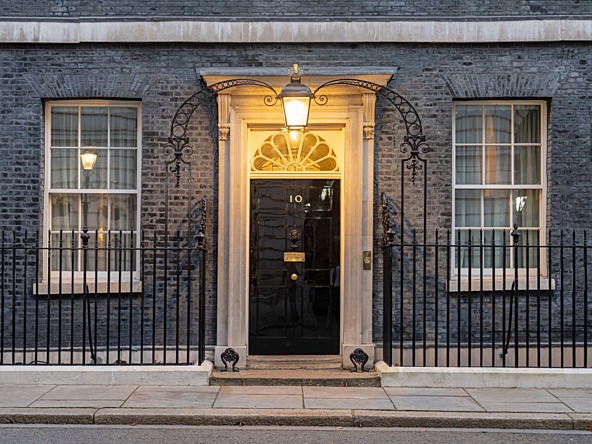Autumn Statement: Small businesses respond to late payments and self-employed tax action

The chancellor Jeremy Hunt has announced his financial update, which included plans to reduce employee national insurance contributions from 12% to 10% and reform self-employed tax.
The Autumn Statement also addressed the issue of late payments for businesses, with the chancellor announcing plans to introduce a condition, from April 2024, that any company bidding for large government contracts should demonstrate that they pay their own invoices within an average of 55 days.
Tina McKenzie, policy chair at the Federation of Small Businesses (FSB), said: “Small businesses – and the 16 million people who work for them – are the route to future growth that will raise living standards across the whole country. The chancellor is right to have condemned from the despatch box the scourge of late payment practices.
“Driving out the worst payers from government contracts and increasing the reputational risk faced by those large corporates who use their small suppliers as a form of free credit is not only the right thing to do to lessen the absolute stress and strain so many business owners face – it is also the way to increase the amount of working capital small businesses can put to good use building up their businesses and investing in the future.”
McKenzie said reducing the rate of self-employed national insurance and abolish the Class II element would “ease the burden on strivers up and down the country”.
Hunt also said he will make ‘full expensing’ permanent. Expensing allows businesses to offset investment in items such as new IT equipment against tax.
Rain Newton-Smith, chief executive at the CBI, said the move would help firms to “unleash pent-up investment”, and added: “Making full expensing permanent will give firms the stability they need to press on with decisions on investment whilst keeping the UK at the top table internationally for investment incentives.”
Elsewhere Colin Graham, head of tax policy at PwC, said businesses were a “significant winner” of the Autumn Statement, but cautioned on the cost of the measures: “The combined cost of the NIC reduction and full expensing is sizeable. Estimates show it will cost circa £20bn per year, which may impact the capacity for any box office announcements next spring,” Graham said.
While the government will freeze the small business multiplier for a fourth consecutive year, there was also criticism over the decision to increase the business rates standard multiplier, which will hit larger businesses in the services sector.
British Retail Consortium chief executive Helen Dickinson called for “wholesale reform” of what she called a “broken business rates system”.
Dickinson said: “The chancellor's decision to increase the business rates standard multiplier will cost retailers hundreds of millions every year.
“The extension to the retail, hospitality and leisure relief and the freezing of the small business multiplier is a gesture of support to high streets and while it may help some smaller businesses, it does nothing for those retailers that provide the lion’s share of employment, investment, and low-cost essentials for customers.”

We hope you enjoyed this article.
Research Live is published by MRS.
The Market Research Society (MRS) exists to promote and protect the research sector, showcasing how research delivers impact for businesses and government.
Members of MRS enjoy many benefits including tailoured policy guidance, discounts on training and conferences, and access to member-only content.
For example, there's an archive of winning case studies from over a decade of MRS Awards.
Find out more about the benefits of joining MRS here.













0 Comments